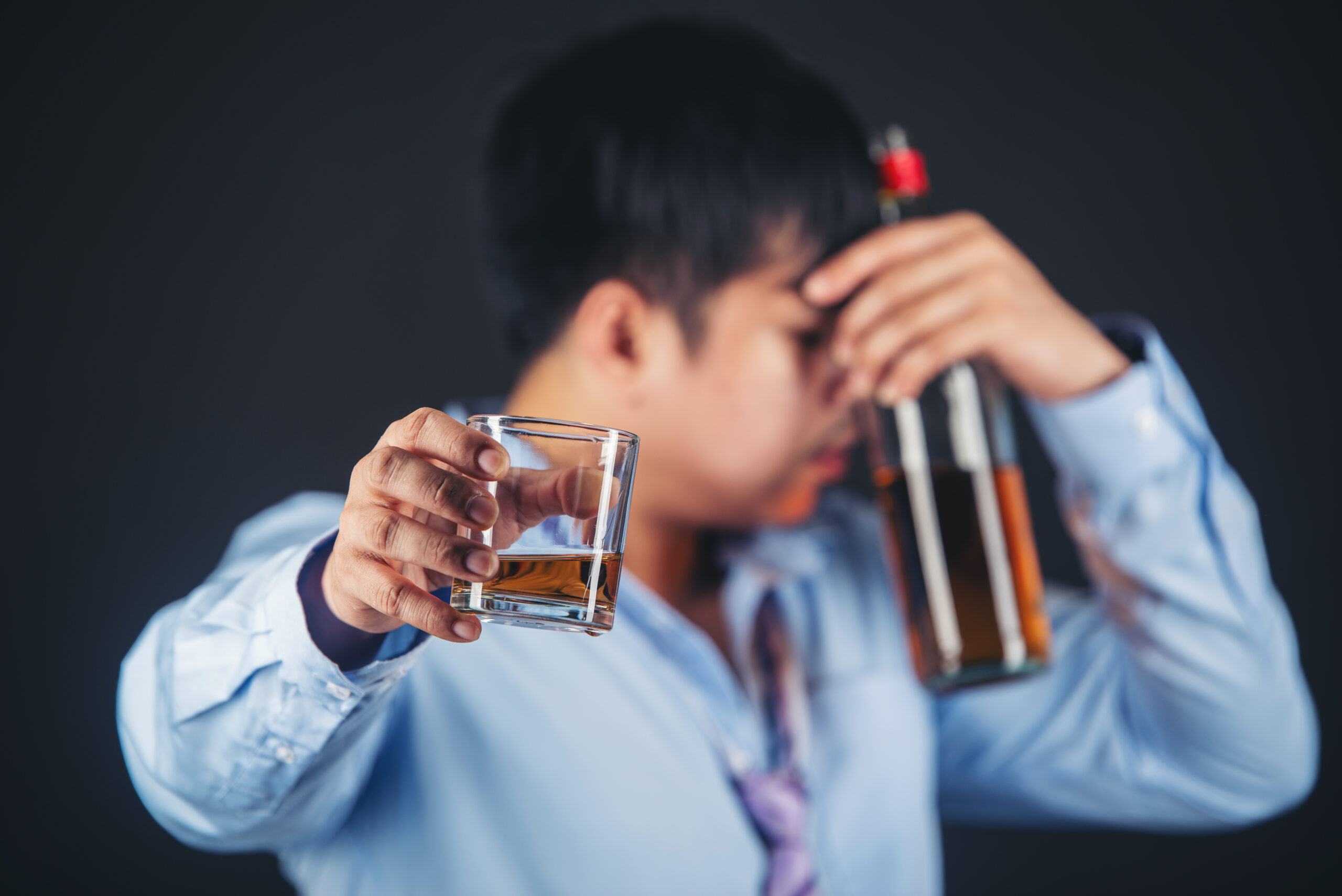Although drinking is not solely responsible for hypertension, a study shows that alcohol has a significant contribution to raising blood pressure.

An analysis of seven studies covering more than 19,000 healthy individuals with no history of hypertension revealed that blood pressure levels rise more quickly in adults who consume alcohol as part of their routine. Research has shown a link between increased systolic blood pressure (explained below) and the amount of alcohol consumed, even among those with a low daily consumption, when compared to non-drinkers.
Systolic blood pressure is that measured during heart contraction (force exerted against artery walls), usually higher. Diastolic pressure is measured during the heart’s relaxation, so it’s usually lower. As people age, systolic pressure tends to increase and, therefore, it is an important risk predictor for cardiovascular disease – and its control is essential to prevent or delay the development of hypertension.
“Both measurements are important [systolic and diastolic]. The heart goes through contraction-relaxation cycles all the time, and the pressure oscillates from one [systolic] to another [diastolic]. Therefore, we do not assess pressure separately: both can compromise cardiovascular health”, explained cardiologist Humberto Graner, coordinator of the Emergency Room at Hospital Israelita Albert Einstein in Goiânia – Brazil.
The review of the seven studies involved analysis of data from 19,548 adults (65% men) between 20 and 70 years old living in the United States, Korea and Japan. None of them had a previous diagnosis of hypertension, diabetes, liver disease or alcoholism.
The review of the seven studies involved analysis of data from 19,548 adults (65% men) between 20 and 70 years old living in the United States, Korea and Japan. None of them had a previous diagnosis of hypertension, diabetes, liver disease or alcoholism.
At the beginning of the study, the researchers recorded the usual alcohol intake, which was converted into grams and not the number of drinks to avoid possible variations in the amount of alcohol present in drinks considered standard in different countries.
For comparison purposes, the researchers used data regarding the amount of alcohol present in different types of beverages in the United States (oz): 12 oz of beer (equivalent to about 350 ml), five oz of wine (approximately 148 ml) or a shot of 1.5 oz of spirits (about 44 ml). These amounts correspond to approximately 14 mg of alcohol.
The results of the study, published in Hypertension, point out that among those who consumed an average of 12 mg of alcohol per day, systolic blood pressure (top number) increased by 1.25 mmHg over the years and diastolic blood pressure (bottom number) by 1 .14 mmHg. Among those who drank an average of 48 grams of alcohol per day, systolic pressure increased by 4.9 mmHg and diastolic pressure increased by 3.1 mmHg.
According to the researchers, this is the first time that an analysis confirms the continuous increase in blood pressure measurements in people with low and high alcohol consumption – which is a risk factor for the development of cardiovascular diseases. Even in those individuals who had low alcohol consumption, an increase in blood pressure levels was observed over time, although this change was smaller than the increase in blood pressure observed in people who consumed more amounts of alcohol every day.
“These data show that alcohol consumption can be approached as a modifiable factor in the prevention of hypertension. Although this increase of almost 5 mmHg in blood pressure may seem small, this increase can compromise heart health over 10 or 15 years. It is important to note that the association was linear: the greater the alcohol consumption, the greater the negative impact on the increase in blood pressure”, evaluated Graner.
According to the cardiologist, alcohol consumption can lead to a temporary increase in blood pressure, and chronic and excessive consumption is associated with a sustained rise in blood pressure, but science still does not know the exact mechanism that leads to the problem. It’s believed to involve changing levels of hormones that regulate blood pressure and stiffening blood vessels,” he explained.
MODERATE CONSUMPTION
Despite the results, it is not possible to state that alcohol alone is responsible for the increase in blood pressure levels. “It is not possible to attribute this increase in pressure directly and only to alcohol, but to the habit of drinking alcoholic beverages. What we do know is that those who consume alcohol do not always do so alone. The ‘appetizer’, for example, which often accompanies alcoholic beverages, is rich in sodium, fat and calories, and can also contain
